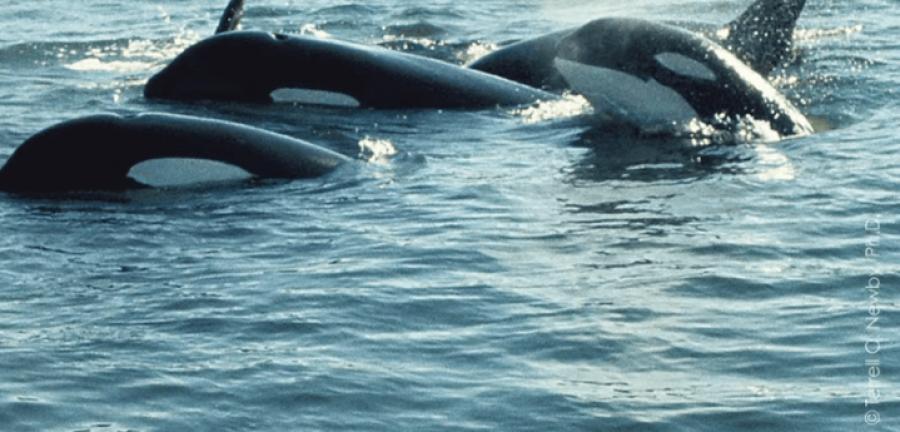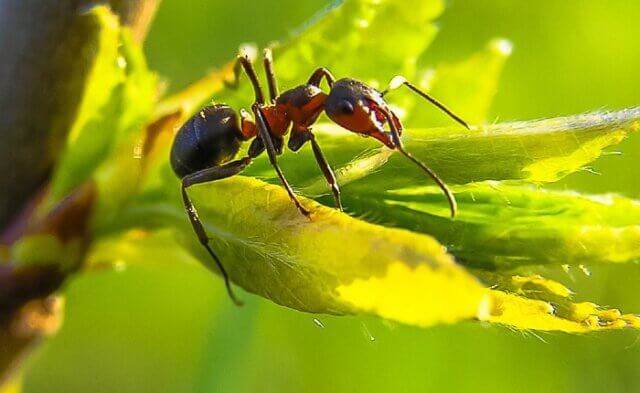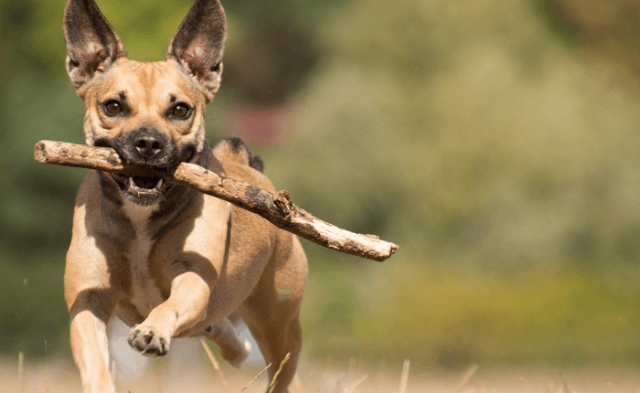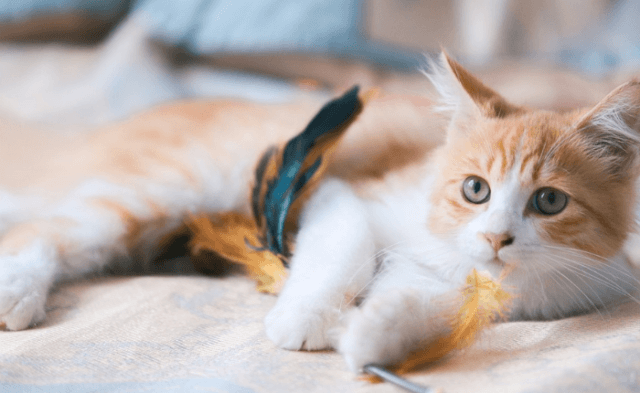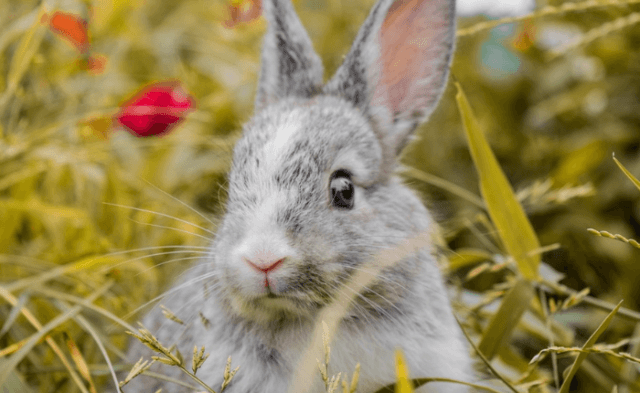There may be few experiences as uplifting as witnessing orcas in the wild. As they effortlessly navigate their surroundings, their demeanor and power are simultaneously elegant and awe-inspiring. They’re extremely intelligent and highly social animals who live in pods—bonded groups of up to 30 orcas who travel together their entire lives. Each pod has its own culture as well as a unique group dialect.
But in captivity, orcas from very different family units, who speak completely different dialects, are forced to live with one another. Baby orcas at SeaWorld and other marine parks are frequently torn away from their frantic mothers and shipped off to other marine parks, breaking the extraordinary lifelong bond between a mother orca and her baby.
In the wild, orcas’ social rules prevent serious violence among members of the same pod, and when fights do occur, the victim is able to flee. But in marine parks such as SeaWorld, the close confinement to cramped tanks causes anxiety and tension that often leads to fights, injuries, and even deaths, since there is no way to escape the violence.
With the support of our members, PETA is working hard to alleviate the suffering of captive orcas, and our efforts were strengthened by the success of the documentary Blackfish.
Two of the former SeaWorld trainers featured in Blackfish were part of PETA’s groundbreaking 2011 lawsuit in which we asked a federal court to declare that SeaWorld was holding five wild-caught orcas as slaves in violation of the 13th Amendment to the Constitution. This historic case marks the first time a U.S. court has considered constitutional rights for animals, and it created a huge international—and ongoing—debate on the ethics of captivity.
We’re doing all we can to turn up the heat on SeaWorld, including carrying out the following actions:
- PETA supporters blocked SeaWorld’s float in the 2014 Rose Parade, garnering national media coverage and educating millions about the company’s animal abuse. (SeaWorld then decided not to enter a float in this year’s Rose Parade.)
- PETA and the American Civil Liberties Union filed a lawsuit and got PETA’s anti-SeaWorld ad displayed in the San Diego International Airport after it had been initially rejected by the airport and its ad vendor.
- We’ve convinced Southwest Airlines, Virgin America, Savings.com, and many other companies to end their SeaWorld promotions.
- We purchased enough stock in SeaWorld to allow us to bring shareholder resolutions and have submitted resolutions calling for the park to develop coastal sanctuaries in which orcas would be able to be rehabilitated and retired.
- We called for the company to be cited for violations of the federal Animal Welfare Act after a PETA Foundation veterinarian found that orcas at SeaWorld San Diego were covered with scars as a result of fighting and were exhibiting behavior that indicated severe psychological distress.
So what’re the results of all this work? SeaWorld’s stock has dropped more than 44 percent since it was first issued, its attendance is down, its revenue has decreased by millions, it recently had to lay off more than 300 staff members, and its CEO has resigned!
With your help, we can keep up the pressure on SeaWorld to get orcas out of its clutches and into seaside sanctuaries. Thank you for supporting this vital work.
What You Can Do
To help captive orcas, please go to SeaWorldOfHurt.com and click on “Take Action.”
This article was originally published in PETA’s Augustus Club newsletter. PETA’s Augustus Club is a complimentary club honoring those who are leaving a legacy for animals through a planned gift to PETA. If you have made a planned gift to PETA, please let us know so that we can thank you! If you have not yet left a legacy for animals but would like information on how to do so, please contact us.

